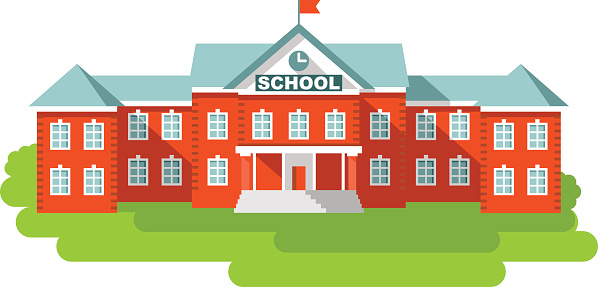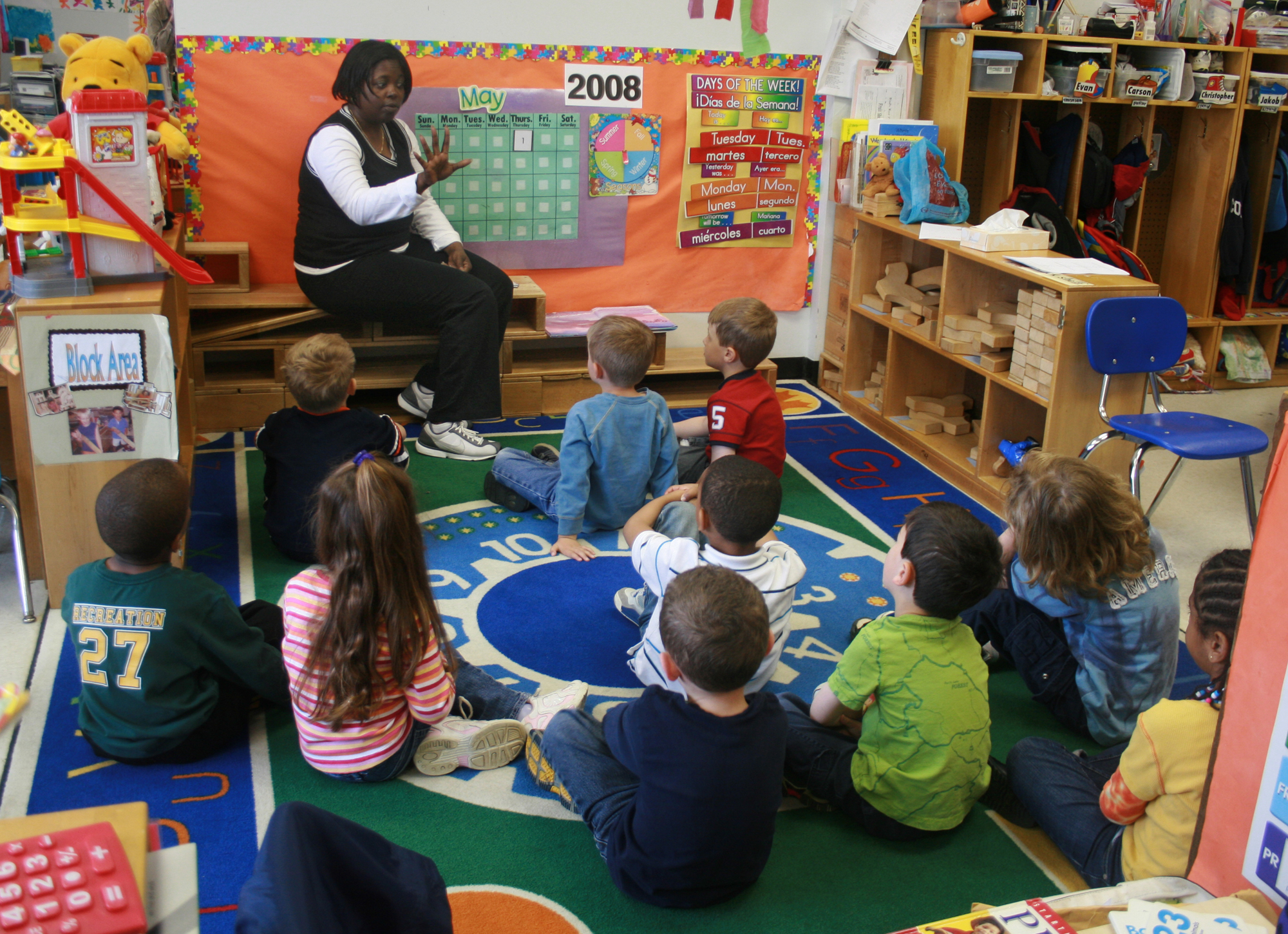Sign up with the Motion to Save Temecula Schools: Neighborhood Activity Needed!
Sign up with the Motion to Save Temecula Schools: Neighborhood Activity Needed!
Blog Article
Exactly How Schools Play an Important Role in Shaping Future Leaders and Trendsetters
Schools contribute in forming future leaders and trendsetters through the farming of important reasoning, creativity, and cooperation. By incorporating project-based learning and interdisciplinary research studies, universities challenge students to assess and manufacture complicated information. Educators work as mentors, assisting trainees and supporting their possibility, while after-school activities additionally create management skills and resilience. This vibrant setting not only focuses on specific staminas yet likewise highlights the importance of synergy, necessary for browsing tomorrow's difficulties. Just how specifically do these elements interplay to develop a durable structure for future success?
Cultivating Vital Thinking
In today's quickly advancing globe, promoting vital assuming within universities has ended up being extremely important. As society comes to grips with significantly complicated international challenges, the capability to assess, review, and synthesize details is vital. Colleges play a crucial role in establishing these abilities, preparing students to browse and deal with complex issues with educated, reasoned choices.
To cultivate critical thinking, teachers use various pedagogical techniques that motivate energetic knowing and intellectual interaction. Class discussions, problem-based discovering, and Socratic questioning are crucial in promoting logical and reflective idea procedures. By challenging students to interrogate assumptions and consider numerous point of views, these approaches ensure a deeper understanding of subject beyond rote memorization.
In addition, incorporating critical believing throughout the educational program reinforces its significance and applicability in diverse contexts. Topics such as maths, scientific research, background, and literature each deal distinct chances to develop pupils' essential professors. As an example, analyzing historic occasions requires understanding and reviewing resources context, while clinical query needs strenuous hypothesis screening and evidence-based reasoning.
Ultimately, instilling critical assuming skills in students outfits them with the cognitive tools essential for lifelong understanding and adaptability. It is with this fundamental proficiency that future leaders will have the ability to innovate, address issues, and add meaningfully to society.
Urging Creativity
Embracing creative thinking within instructional frameworks galvanizes students to assume beyond standard boundaries and discover cutting-edge services. By incorporating creative undertakings and creative thinking exercises into the curriculum, schools grow an atmosphere where creativity and imaginative thought are valued. This strategy not just enriches the instructional experience but additionally outfits students with the capability to deal with real-world difficulties in novel means.
University can foster creative thinking via varied means such as project-based discovering, interdisciplinary studies, and the unification of arts and technology. Project-based understanding, for example, urges pupils to use their expertise in useful, typically joint, jobs that demand inventive analytical skills. Interdisciplinary research studies allow trainees to attract links in between different subjects, thereby broadening their perspectives and enhancing their creative abilities.
Furthermore, supplying pupils with chances to engage with arising innovations, such as coding and electronic style, even more nurtures their creative potential. These tasks trigger students to experiment, fall short, and repeat, which are essential components of the creative process (Save Temecula Schools). By preserving a supportive setting where trial and error is motivated, colleges can guarantee that trainees create the self-confidence to go after innovative ideas
Essentially, nurturing imagination in academic setups is indispensable for forming future leaders and trendsetters with the ability of dealing with complicated international problems with ingenuity.
Supporting Partnership

Applying group-based learning modules and cooperative projects allows pupils to experience the characteristics of synergy firsthand. This not just prepares them for the joint nature of modern-day workplaces but also nurtures management qualities as they frequently have to handle duties such as job managers or group coordinators. In addition, cooperation in the class can break down social barriers and advertise inclusivity, making certain that each trainee feels valued and heard.
Additionally, incorporating technology can even more sustain joint useful reference initiatives. Devices like shared interactive systems and electronic workspaces enable students to function together successfully, even outside the class. As students official source establish these collective skills, they are much better outfitted to deal with intricate difficulties and innovate, preparing for their future duties as leaders and pioneers.
Role of Educators as Coaches

Mentorship entails personalized interest, where instructors determine and nurture individual staminas and address weaknesses. Save Temecula Schools. With one-on-one communications, teachers can tailor their suggestions and assistance to satisfy each trainee's one-of-a-kind requirements, cultivating a sense of confidence and resilience. This individualized strategy cultivates a growth frame of mind, motivating trainees to check out failures as possibilities for discovering and development
Additionally, educators work as good example, demonstrating the values of honesty, determination, and compassion. Their activities and perspectives give a plan for trainees to mimic, instilling a feeling of honest duty and social awareness. By creating a inclusive and encouraging class environment, teachers enable students to establish social abilities that are essential for effective management.
In significance, the mentorship offered by teachers lays a fundamental framework for the development of future leaders, outfitting them with the knowledge, skills, and worths needed to succeed in an ever-evolving world.
Influence of Extracurricular Tasks
When integrated properly into the educational structure, extracurricular tasks substantially improve trainee growth and management potential. These activities give students with chances to discover passions beyond the traditional educational program, promoting a versatile capability. Clubs, sporting activities groups, and arts programs cultivate necessary qualities such as team effort, time monitoring, and strength. Involvement in these activities frequently calls for trainees to handle responsibilities, therefore nurturing their management capabilities.
Students engaged in argument, music, or drama clubs learn to believe critically and technique problems from diverse viewpoints. By collaborating with peers from different histories, trainees also develop empathy and interaction abilities, essential qualities for future leaders.
Research shows that trainees involved in such programs often tend to have greater grades and better participation documents. Therefore, schools that focus on a well balanced method to education and learning, integrating durable extracurricular programs, are extra most likely to create innovators and leaders furnished to fulfill the obstacles of the future.

Final Thought
Finally, schools considerably form future leaders and innovators by nurturing essential thinking, imagination, and partnership amongst pupils. Engaging instructional techniques such as project-based learning and interdisciplinary research studies play a crucial duty in this growth. Educators, working as advisors, give vital assistance and support, while extracurricular activities additionally improve management potential and durability. By promoting an encouraging setting that values specific staminas and teamwork, colleges equip click resources students with the essential skills to navigate future obstacles and drive technology.
As pupils develop these collective abilities, they are better geared up to tackle complicated challenges and innovate, laying the groundwork for their future functions as leaders and trendsetters.
By fostering vital reasoning and analytic skills, instructors assist pupils navigate complicated difficulties, preparing them for management functions in different fields.
By working together with peers from different histories, pupils additionally develop empathy and interaction abilities, vital characteristics for future leaders.
In final thought, schools dramatically shape future leaders and trendsetters by supporting essential thinking, creative thinking, and collaboration among pupils. By fostering an encouraging environment that values specific toughness and teamwork, colleges equip students with the essential abilities to navigate future difficulties and drive innovation.
Report this page